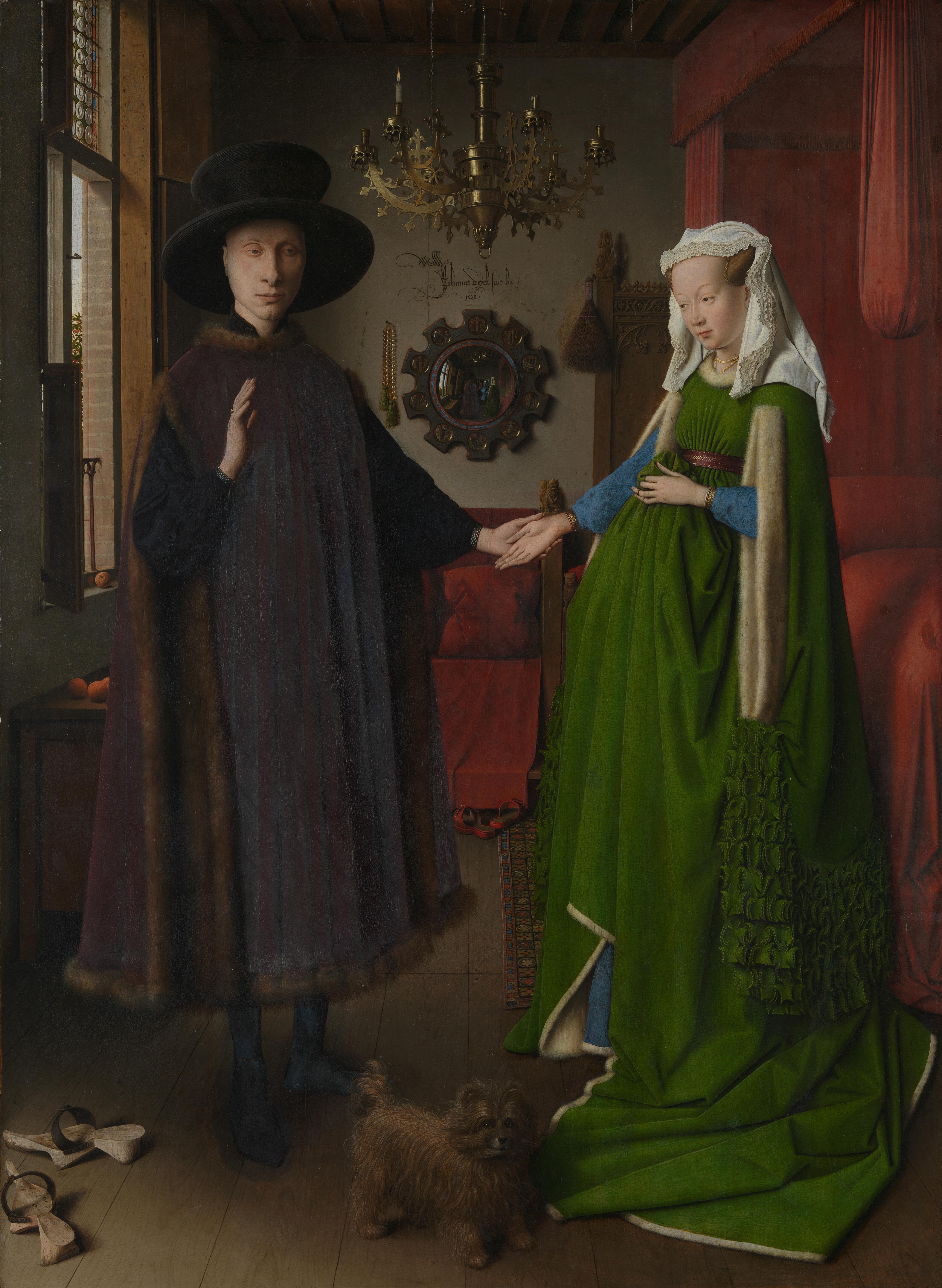These are questions which are becoming more and more popular in our society. Is marriage now a mere traditional social convention which people abide to? It must certainly be understood that marriage was previously a compulsory transition into adulthood and a key step to achieving success in life. For example, in medieval times, marriage was crucial to provide legitimate heirs to take on the family name, or even the crown.

 Moreover, in the Victorian era marriage was fundamental to family life which was so highly valued. Even in the 20th century, marriage was a basic expectation of young men and women. However in more recent times, marriage does not seem the pinnacle of our lives. Many rom-com films of the 80's, 90's and the 21st century do not stress marriage as vital component to seal a relationship. For example, the film Four Weddings and a Funeral (1994) ends with Charles suggesting to Carrie not marry him but asking if they can still enjoy a lifetime of happiness together. Furthermore, the rom-coms which are often depicted as the classics, such as Pretty Woman (1990) and Notting Hill (1999) do not end with a fancy wedding like the ones seen in Disney fairy tales. Romantic films of today such as The Notebook (2004), The Lucky One (2012), Safe Haven (2013) all demonstrate love, but they do not encompass marriage.
Moreover, in the Victorian era marriage was fundamental to family life which was so highly valued. Even in the 20th century, marriage was a basic expectation of young men and women. However in more recent times, marriage does not seem the pinnacle of our lives. Many rom-com films of the 80's, 90's and the 21st century do not stress marriage as vital component to seal a relationship. For example, the film Four Weddings and a Funeral (1994) ends with Charles suggesting to Carrie not marry him but asking if they can still enjoy a lifetime of happiness together. Furthermore, the rom-coms which are often depicted as the classics, such as Pretty Woman (1990) and Notting Hill (1999) do not end with a fancy wedding like the ones seen in Disney fairy tales. Romantic films of today such as The Notebook (2004), The Lucky One (2012), Safe Haven (2013) all demonstrate love, but they do not encompass marriage.Marriage is no longer the ultimate embodiment of true love. It therefore no longer seems necessary. A functional relationship does not mean a marriage. Previously, illegitimacy was frowned upon and therefore people married to avoid this, but in our society it is no longer such an offence. Many families of today are not the husband, wife and children ideology which young people were to previously seek. The fact that one in three marriages end in divorce suggests that marriage is no longer so well respected as it has been in the past. Less and less people are reaching particular wedding anniversaries, which suggests marriage is no longer for life. People accept that marriages are no longer a lifetime commitment as it is so easy to end them. Is marriage now only pursued as a final stage in a relationship? To have the 'big white wedding' and demonstrate to your friends and family your affection for one another?
However, people do still get married. Why? Even today, people do seek stability in their lives. The idea of the perfect conventional family environment is still very appealing, and if reached can be a satisfying achievement. In our consumerist society, the idea of the 'big white wedding' is something many young women seek. Through television series such as Sex and the City (1998-2004) which focuses on the search for a dreamy husband, it suggests the most exciting day of your life is your wedding day. Alternatively, people still marry for religious reasons. In some cultures marriage is almost compulsory if one was to have a family, as it is still unacceptable to have illegitimate children. Ultimately, people still marry because that is traditionally what is expected of us. Films such as Bridget Jones's Diary (2001) amplify this with Bridget being constantly concerned over her status as a spinster. Once again, society abides by social conventions which have been installed centuries ago. So, do people still marry for love? The answer is yes. Recently same-sex marriage has been legalised in the UK, which would have been previously unheard of, but offers the chance for everyone to display their devotion. Getting married is at the height of ones relationship, however many of the factors previously mentioned shape this decision also.

Will people marry in the future? Most probably. There are people who do still believe in the values of marriage and are thrilled by the prospect of commitment. There are also many people who are rooted in cultures with strict ideas surrounding marriage. However, marriage is no longer necessary in our society, but is a mere display of affection and therefore in the future, marriages will most certainly decline. Our society is becoming much more liberal, and therefore tradition such as marriage is becoming less and less popular.



No comments:
Post a Comment